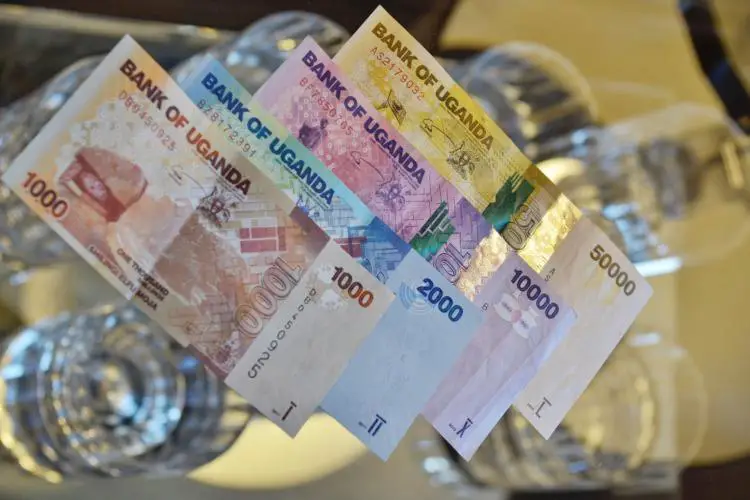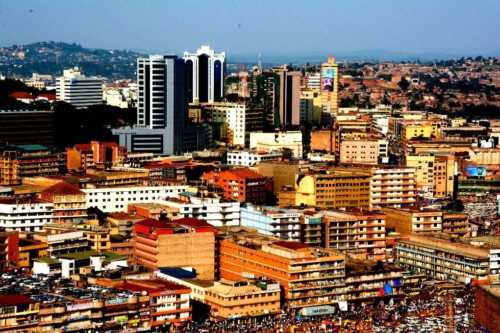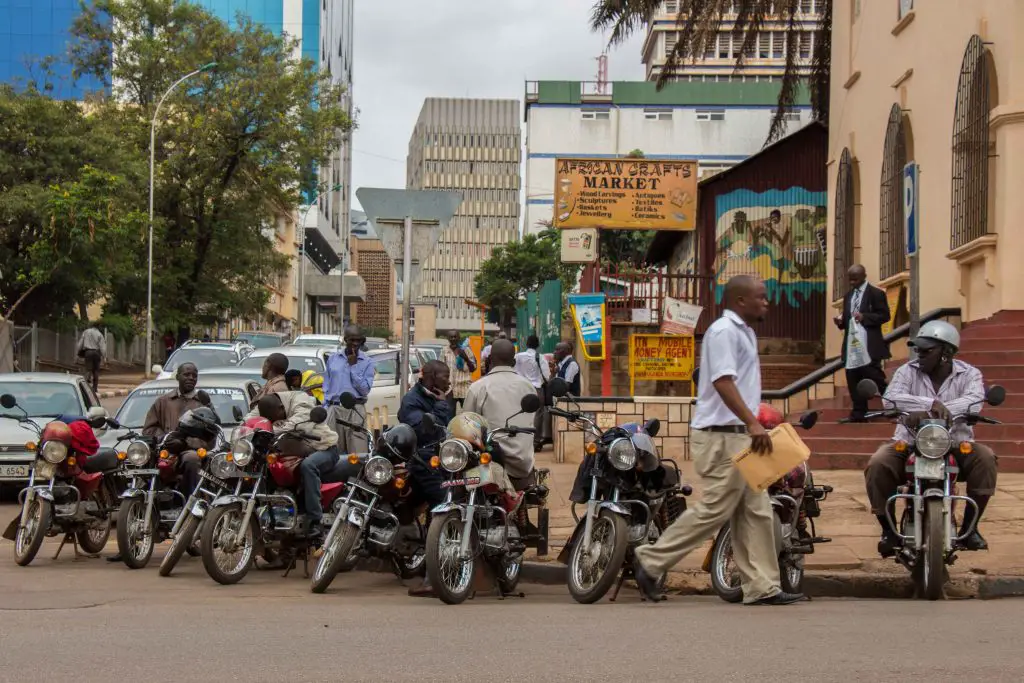- Abu Dhabi radiates optimism as over 300 startups join AIM Congress 2024
- TLcom Capital Raises $154 million in Funding to Boost Its African Growth
- Africa’s $824Bn debt, resource-backed opaque loans slowing growth — AfDB
- LB Investment brings $1.2 trillion portfolio display to AIM Congress spotlight
- AmCham Summit kicks off, setting course for robust future of US-East Africa trade ties
- Why the UN is raising the red flag on the UK-Rwanda asylum treaty
- Portugal’s Galp Energia projects 10 billion barrels in Namibia’s new oil find
- Wärtsilä Energy offers tips on how Africa can navigate energy transition and grid reliability
Browsing: Uganda Economy
Uganda Bureau of Statistics has indicated that the country’s inflation has for the first time since 2012 hit double digits, rising to 10 per cent in September 2022 from 2.7 per cent in January 2022 and 4.9 per cent in April 2022.
It is said that inflation above an annual average of 5 per cent retards economic growth and derails economic development.
According to an article titled Uganda grapples with soaring inflation amid persistent global uncertainties, the rise in inflation has been brought about by issues such as tightening of global financial conditions, which triggered investors’ exit from the domestic debt market, thus stoking depreciation pressures on the Uganda Shilling; the Russia-Ukraine conflict, which disrupted global production and supply chains; extended drought in some regions of the country; and increased global commodity prices.…
The World Bank released the country’s 18th Economic update in the first week of this month.
According to the institution, the change was majorly impacted by improvement in road and bridge building, the acquisition of additional aircraft for the continued revival of Uganda Airlines, and large classified investments.
Uganda has in the recent past heavily deployed and channelled its national cake towards improving its shambled infrastructure especially the road, railway, water and air transport systems.…
- African economy has sustained significant impacts due to the pandemic
- Several sectors such as tourism and trade have been impacted significantly
- Despite the virus, Africa has demonstrated important issues towards handling pandemics
One of the most vibrant economies in the world, sub-Saharan Africa is slated to bounce back from the shocks of COVID-19 which left a number of economies shaken to the core and hundreds of lives lost.
Despite the pandemic limiting several economic functions such as international travel—which marred tourism operations in East Africa, the region is expected to score growth of 3.3 per cent in 2021, according to a recent report by the World Bank.
The October edition of Africa’s Pulse report explicitly noted that the resurgence of the economy is promoted by elevated commodity prices, a relaxation of stringent pandemic measures and recovery in global trade.
Kenya, Tanzania, Rwanda and Uganda, are now working towards building …
The World Bank said Uganda’s 7 per cent projected growth rate under the National Development Plan (NDP) III, given the current economic fundamentals is too ambitious.
National Development Plan (NDP) III, is a government-working document for at least the next five years. It will start this year in the 2020/21 financial year.
Speaking during a media briefing in Kampala about the country’s economic outlook, the World Bank senior economist, Mr Richard Walker, said the government’s capital spending continues to fall, dropping to about 8 per cent in the last two financial years.
Also Read: Uganda need to Expand Social Protection Programs World bank
Which he said has constrained Uganda’s fiscal policy which is characterised by low tax revenue to GDP ratio.
“Capital spending continues to fall short of expectations, diminishing the expected return from public investments. 5.3 per cent capital spending versing budget allocation of 6.4 per cent. This inability …
The International Monetary Fund (IMF) has taken a key interest in Uganda’s economy, whereas the East African economy is likely to grow by 6 per cent in the financial year 2019/2020 (July-June), which is slump from the previous projection of 6.3 per cent.
According to Reuters, the IMF noted the delays to be attributed by the delays in the public investment necessary for kicking off oil production.
On May 9, 2019, IMF statement noted that Uganda’s economy continued on its robust recovery with projected growth of 6.3 per cent in the fiscal 2018/2019, unequivocally highlighting the timely implementation of public infrastructure and oil-related projects would support growth in the medium term.
The Washington DC-based fund said in a statement published on Wednesday that, “Downside risks have increased linked to uncertainty related to oil production,”.
Also, the statement noted that “the electoral period and the complex external context” also weighed on …









